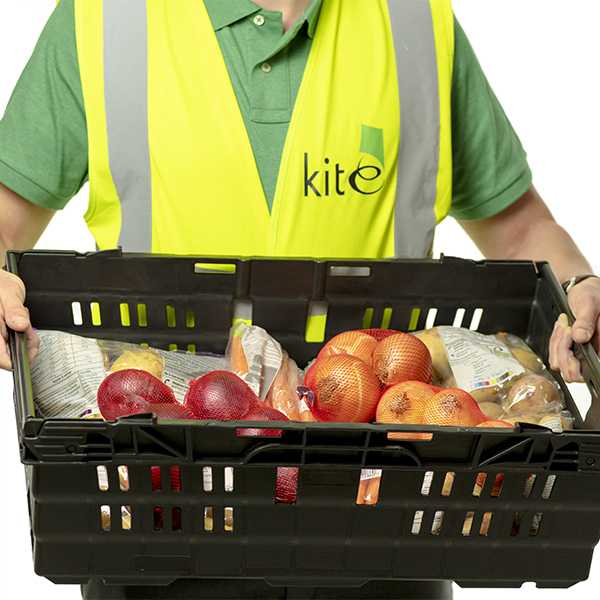Nulogy, a leading provider of agile supply chain solutions, has been praised by a growing number of global contract packers and manufacturers for the sustainability benefits its software is delivering.
Nulogy’s platform enables contract suppliers and leading consumer goods companies to increase their speed to market and gain much greater visibility across their global supply chain. With automated workflows and AI-driven supply chain insights, the software is ensuring users maximise efficiencies in packaging and distribution operations to deliver better service with far less waste.
Through streamlining their operations users are seeing greater efficiencies and reduced waste, enabling both themselves and their FMCG clients to meet their sustainability targets.
In the UK, Marsden Packaging, based in Blackburn, UK, specialises in primary and secondary packaging services for the food and pharmaceutical sectors and has been using Nulogy’s software to power its operations in the UK for over five years.
“At Marsden Packaging we are constantly seeking ways of achieving greater efficiency as this reduces the amount of waste we produce and makes us more sustainable,” said Michael Briggs, MD at Marsden Packaging. “Nulogy’s software has undoubtedly helped us on this journey by improving our workflows thereby making us a more efficient production unit and helping to deliver greater sustainability for clients.”
GreenSeed, a contract packer based near Chicago, Illinois, who provides external manufacturing for large and mid-sized companies by bringing premium foods to market safely, efficiently, and with less waste, is another business benefiting from Nulogy.
“As a mission-driven company, GreenSeed collaborates with like-minded partners such as Nulogy to ensure food companies have long-term success with social, environmental, and economic sustainability,” said David Gray, CEO of GreenSeed. “By working with Nulogy, we help our customers meet their goals of minimal environmental impact and greener product offerings.”
SGL Co-Packing, a leading provider of high quality and ultra-flexible contract packing and contract manufacturing services in the UK, has seen Nulogy drive improved waste recording, batch traceability as well as providing safeguards against the incorrect processing of orders.
“Nulogy has helped us as a business on multiple fronts and sustainability is an increasingly important part of this advantage,” said Gavin Withers, Director at SGL’s parent company Keswick Enterprises Group.
“From providing live access and updates during production, to ensuring easy identification and isolation of stock or the ability to check that all components are available for each bill of materials; our waste is minimised, and efficiencies maximised.”
Rootree, a Canadian brand packaging fulfilment company agrees, and is leveraging the Nulogy platform to bring innovative brand products to market more sustainably.
“Our goal is to help innovative brands bring healthier, more sustainable products to market with quality and speed,” said Phillippe St-Cyr, CEO and president, Rootree. “Partnering with Nulogy has helped us do so with greater efficiency and less waste.”
Josephine Coombe (pictured), Managing Director, Europe, Nulogy, concluded: “At Nulogy, we are committed to helping businesses reduce their impact through the efficient and effective use of technology.
“We are delighted that our platform is already generating value for so many contract packers and manufacturers, and we will continue to innovate our software to ensure our customers continue achieving their sustainability goals.”











